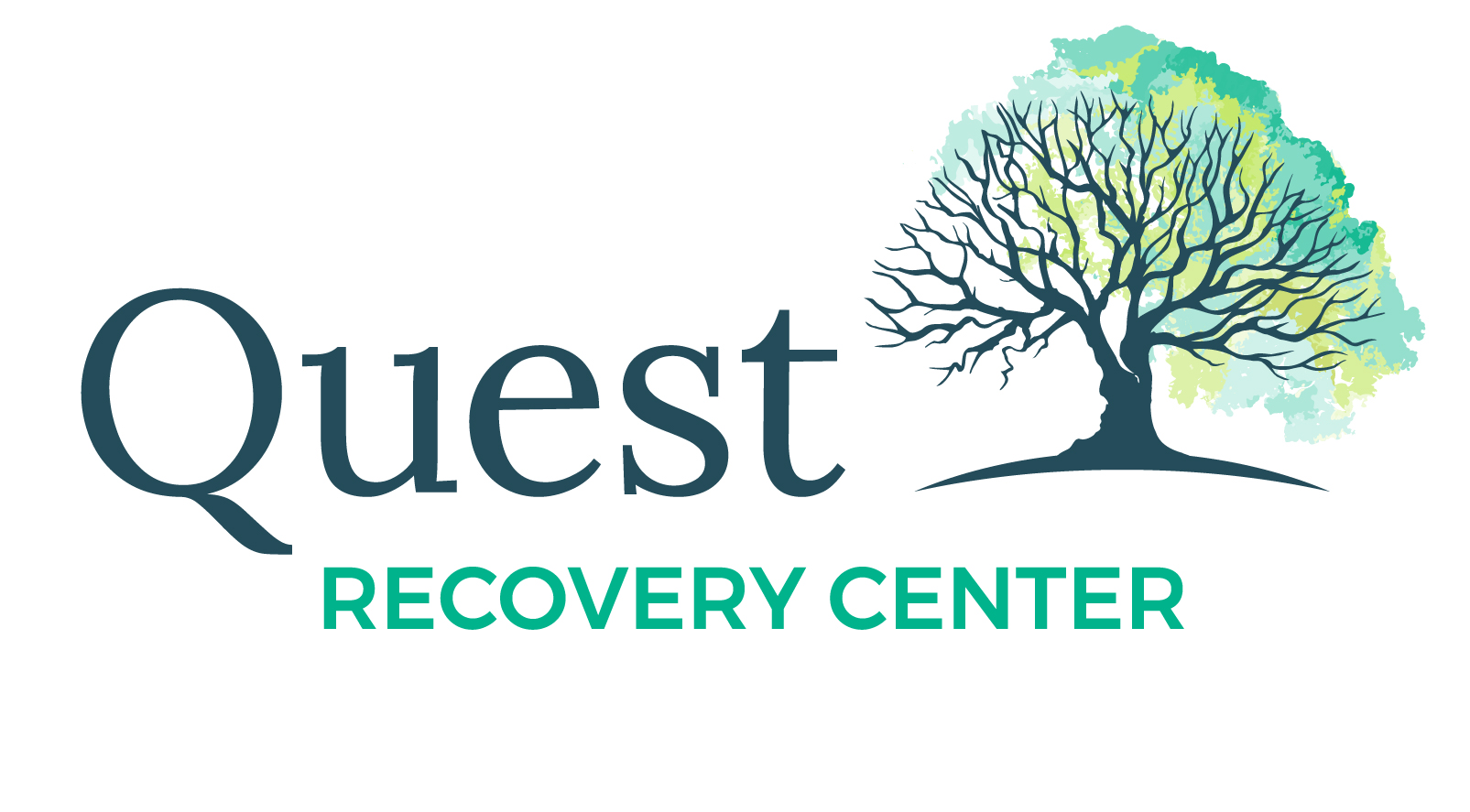
Dealing With Precipitated Withdrawal
Dealing With Precipitated Withdrawal

Some people avoid addiction treatment for fear of experiencing the unpleasant symptoms associated with withdrawal. To assist you over the withdrawal process in comfort, many treatment centers, such as Quest Recovery Center in Mount Vernon, now provide medication-assisted therapy to manage these symptoms. However, some medicines can actually induce withdrawal if taken too soon after your previous dose of opioids. We call this precipitated withdrawal. Read on to learn more, and contact Quest Recovery Center to learn more about our medication-assisted therapy for addiction.
What Is Precipitated Withdrawal?
While you’re likely aware of the term “withdrawal,” you may not be familiar with precipitated withdrawal. The symptoms of classic withdrawal occur as a result of stopping or lowering opioid usage. On the other hand, precipitated withdrawal is induced by using a medication that blocks the effects of opioids. The difference between classic withdrawal and precipitated withdrawal lies in the source.
The Symptoms of Precipitated Withdrawal
Though there are many different types of symptoms associated with precipitated withdrawal, some are more common than others. Many people experience gastrointestinal problems including vomiting, diarrhea, or nausea as well as muscle aches and pains throughout their bodies. Other people notice greater fatigue along with depression and suicidal thoughts. Below, we’ve included a list of the most common symptoms associated with precipitated withdrawal from opioids:
- Depression
- Suicidal thoughts
- Insomnia
- Increased heart rate
- Elevated blood pressure
- Excessive sweating
- Diarrhea
- Stomach cramps
- Muscle aches and pains
- Fever
The Dangers of Precipitated Withdrawal
Some of the symptoms of precipitated withdrawal can be dangerous. For example, diarrhea and vomiting can lead to dehydration. While severe depression can go beyond suicidal thoughts and lead to the person hurting themself or others. If you have taken opioid blockers too soon after the last time you’ve used opioids and are experiencing the symptoms of precipitated withdrawal, it’s essential that you seek medical treatment right away.
How to Avoid Precipitated Withdrawal
The best way to avoid precipitated withdrawal is to be open and honest about the last time you used opioids with those providing you with treatment. While you may find it difficult to admit to drug use during addiction treatment, it’s essential that those treating you know exactly what’s going on so that they can help you best, including preventing precipitated withdrawal.
As a general rule, you should never take an opioid blocker within 24 hours of taking a fast-acting opioid such as heroin or fentanyl, or within 48 hours of taking a long-acting opioid such as OxyContin or Methadone.
Quest Recovery Center – Your Mount Vernon Outpatient Recovery Solution
At Quest Recovery Center in Mount Vernon, we specialize in medication-assisted treatment for opioids and other substances. When you work with our addiction counselors and staff, we’ll help you avoid precipitated withdrawal and find long-term recovery. Learn more about our medication-assisted treatment options and contact us today to schedule an appointment.




